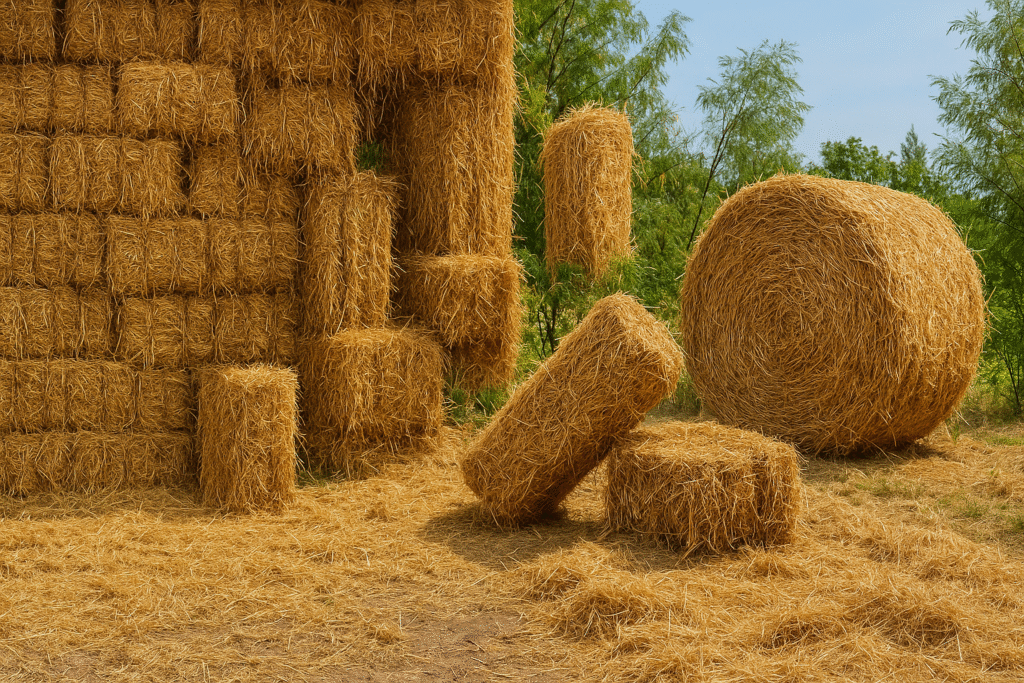
PRODUCTS
For All Your Agricultural Residue Needs
We supply high-quality, farm-sourced raw materials such as paddy, wheat, soybean, and corn residues, ideal for biomass pellet production, renewable fuel, and bioenergy plants. Our products are carefully collected, processed, and delivered to meet both industrial and environmental standards.
With strong roots in farming and access to expansive agricultural land, our residue products are consistent, clean, and dependable — whether you’re in the biomass pellet industry, CNG biofuel production, or large-scale energy conversion.
Our commitment to quality and sustainability ensures that each batch we deliver supports your goals for cleaner energy and reliable sourcing.
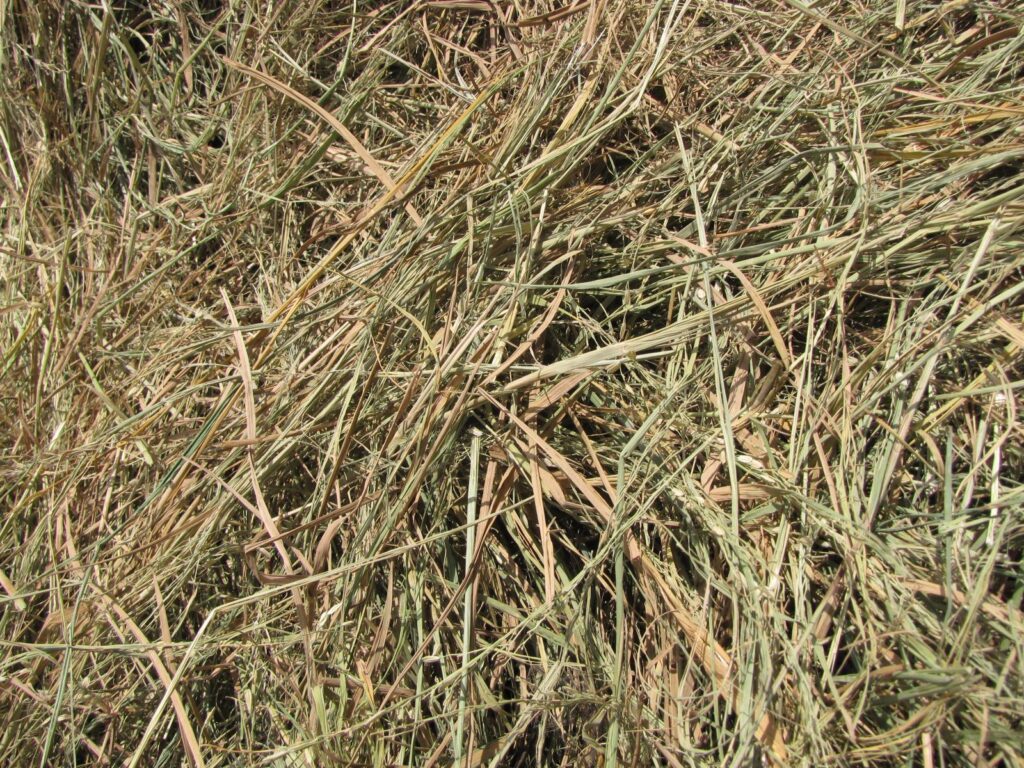
Paddy Straw Residue
Paddy straw is an abundant and renewable agricultural byproduct collected after the rice harvest. Known for its high calorific value (GCV), typically ranging between 3000–3500 kcal/kg, it serves as an efficient fuel source. Due to its low moisture content and fibrous structure, it burns slowly and steadily, making it ideal for pellet fuel production, industrial boilers, and biomass power plants.
Its sustained combustion properties reduce the frequency of reloading in fuel-based systems, improving operational efficiency. Additionally, paddy straw contributes to reduced greenhouse gas emissions when used as an alternative to fossil fuels. It is increasingly being adopted in NTPC-approved biofuel projects, aligning with India’s goals for sustainable energy and agricultural waste management.
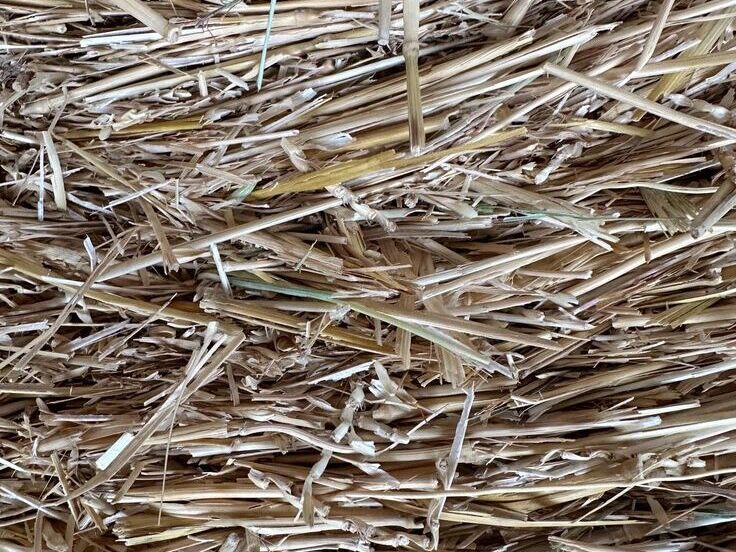
Wheat Straw Residue
Wheat straw is a lightweight, fibrous biomass material widely used in the production of biomass briquettes, pellets, and direct combustion systems. With a calorific value ranging from 2800–3200 kcal/kg, it offers stable combustion, easy processing, and low ash content. Wheat residue is abundant across major agricultural regions and is easily baled and transported, making it a cost-effective fuel source for thermal energy plants and industrial heating applications. Its consistent availability supports year-round renewable energy generation.
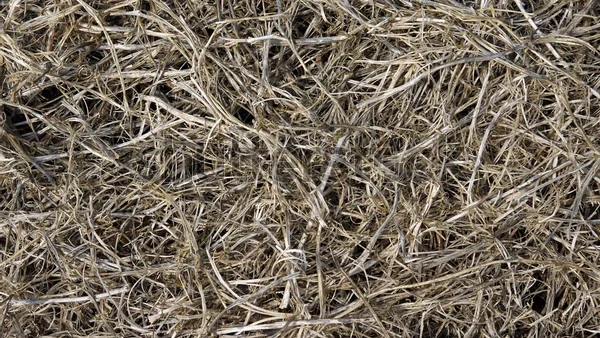
Soybean Residue
Soybean stalks and husks, left after harvest, are increasingly valued as biofuel feedstock due to their moderate calorific value (around 3000–3300 kcal/kg) and uniform burning behavior. This residue is processed into pellets and briquettes, providing a sustainable alternative to conventional fuels. Soybean biomass is ideal for mid-scale pellet mills, boilers, and co-firing units, contributing to carbon-neutral energy cycles. As an agricultural surplus, it adds economic value to farms while supporting clean fuel initiatives.
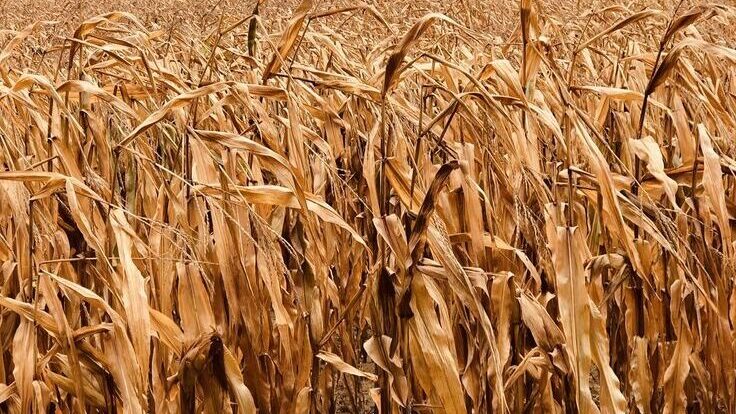
Corn Residue
Corn cobs, husks, and stalks are rich in cellulose and provide a high energy yield, with a calorific value of 3200–3600 kcal/kg. This makes corn residue a preferred material for CNG biofuel plants, gasifiers, and biomass pellet production. Its dense structure ensures longer burn duration, improving energy output and combustion efficiency. Corn biomass is also scalable and reliably sourced, supporting large-scale bioenergy projects and promoting sustainable agriculture through residue utilization.
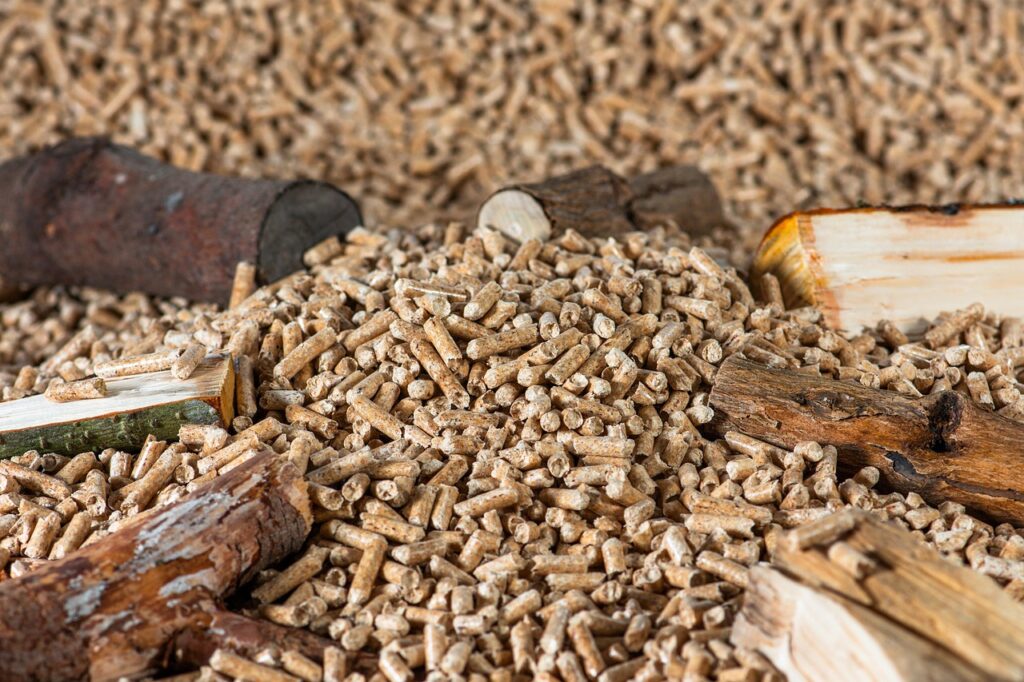
Biomass Pellets
Biomass pellets are a refined, high-density fuel produced by compressing agricultural residues such as paddy straw, wheat straw, soybean husk, corn stalks, and other organic materials. With a calorific value ranging from 3800–4500 kcal/kg, these pellets are engineered for efficient combustion, low moisture content, and minimal ash generation, making them ideal for industrial boilers, thermal plants, and domestic heating systems.
Their uniform size and shape allow for easy transportation, automated feeding, and consistent performance across energy systems. Biomass pellets are a carbon-neutral alternative to fossil fuels, helping reduce greenhouse gas emissions while utilizing surplus agricultural waste. As a clean and renewable energy source, they are widely supported in government-backed bioenergy initiatives and play a critical role in transitioning to a sustainable circular economy.
In addition to agricultural residue pellets, we also supply coal dust, wood residue, and Napier grass as part of our diverse biomass fuel portfolio—offering flexible, scalable energy solutions tailored to different combustion systems and fuel needs
